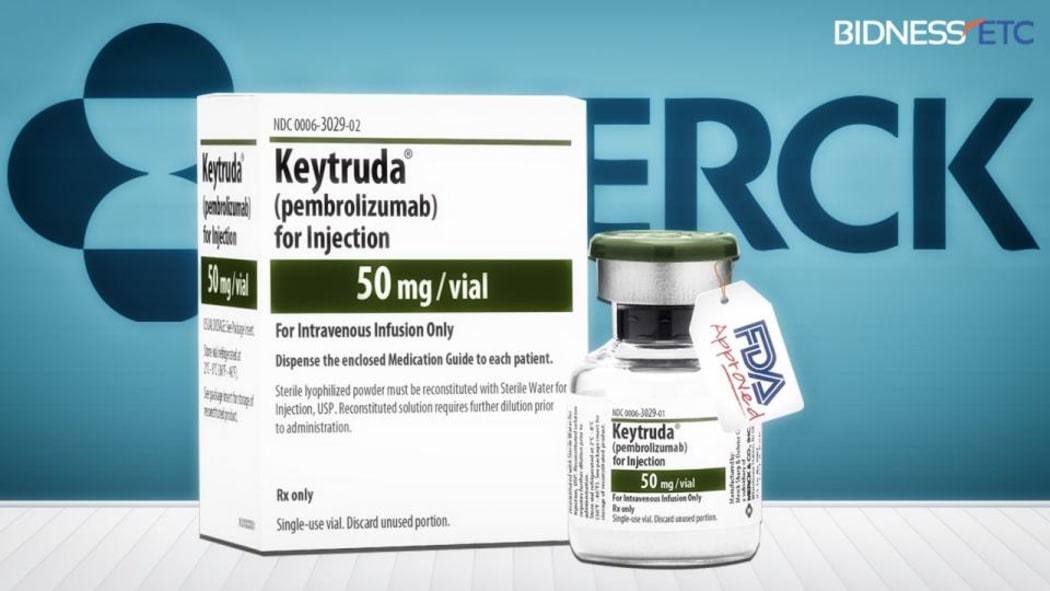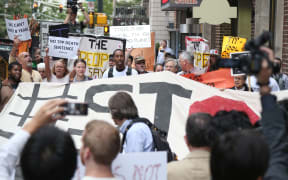The first study comparing the sky-rocketing price of cancer drugs shows that costs vary wildly from country to country.

Photo: Supplied
The University of Auckland study looked at the prices of 31 cancer drugs across 18 countries. In Europe, Australia and New Zealand, the difference between the highest-priced and lowest-priced country varied by almost 400 percent for some drugs.
Lead author Dr Zaheer-Ud-Din Babar said the study found major shortcomings in pricing policy, and he supported calls for greater transparency of funded drugs. He said the study was limited because it was unable to access confidential information on discounted prices.
The study's release comes amid heated discussion over the decision by New Zealand's drug buying agency, Pharmac, not to fund the expensive melanoma drug Pembro-lizumab, also known as Keytruda. Pharmac said it could not justify the $30 million annual cost.
"Paying $300,000 for a two-year treatment is ridiculous - it's a huge amount of money," Dr Babar said. Unless the government was able to negotiate a lower price with drug companies, it would be impossible for most patients to pay for Keytruda.
Dr Babar told Nine to Noon it was difficult to compare prices because New Zealand and Australian negotiations for discounts and rebates with drug companies were confidential, so their prices were not listed.
He said another issue was that New Zealand was used as a benchmark for some countries, such as Brazil and South Africa, to set their own prices.
"So when the New Zealand prices are not publicly known, so it makes it difficult for other countries to set their own prices."
He said this country's cancer drug budget more than doubled in three years - from $33 million in 2011 to $70m in 2014.
Dr Babar said although Pharmac had done an excellent job over the years to decrease prices and negotiate a better deal with drug companies, some cancer drugs were much more expensive here than in other countries.
New Zealand's top cancer research organisation, the Maurice Wilkins Centre, said a new medication funding regime is needed to pay for a new generation of drugs which are revolutionising cancer therapy, but which challenge health budgets.
Dr Babar agreed. He said as people were living longer, different forms of cancer and cancer treatments would emerge, and funding would continue to be an issue for policy makers, funders and clinicians, as well as patients.
"This is always going to be a challenge for the healthcare system - how do you fund these drugs?"
Most countries with a public health system negotiated with drug companies, and controlled their prices, because that is seen as a fundamental human right, he said.
Price control paramount
"To promote public health it's fundamental that we control the prices of drugs. Of course the drug industry would say they want to increase prices, they want to recoup their costs for research and development and so on, but I think there is a balance ... and there is no justification for exorbitant prices."
The study showed that Mediterranean countries and the United Kingdom paid the lowest prices, while higher-income countries such as Sweden, Switzerland and Germany paid the highest prices.
Dr Babar said the wide variation was due to drug companies' differential pricing according to countries' ability to pay, but there was also an industrial and economic aspect to pricing.
As a big pharmaceutical player, Germany employed a lot of people.
"So even if people are paying higher prices they are actually paying it back to drug companies, which then goes into their healthcare system and their economy."
And countries that produce drugs also want the cost to be "properly acknowledged".
"Germany is a major exporter of drugs the world over, so when they pay high prices they're giving a signal to the world - that's the actual value."
Dr Babar said it was vital that the cost of drugs was made more transparent because a small number of drug companies were making deals with countries of different levels of income and the governments did not know what other nations were doing.
"So if we have transparency, it will eventually impact public health, and help governments to negotiate better deals."
Dr Babar said medicines made up a much higher proportion of the health budget in poorer countries - 90 percent of healthcare costs, compared to only 20 -30 percent of the health budget in wealthy countries.
TPP's opposing principles
Addressing concerns about about future drug costs as a result of New Zealand signing the Trans Pacific Partnership, Dr Babar said the trade deal had two conflicting principles - promoting public health and recognising the value of pharmaceutical products.
"These are two opposing procedures because you can only promote public health when you decrease prices and negotiate better deals."
If Pharmac decided not to fund a drug it had to follow an internal review procedure at an extra cost of $2m per year.
He said all the signatories apart from New Zealand have traditionally high prices for drugs, and he said he hoped this country would be able to continue to hold costs down.




